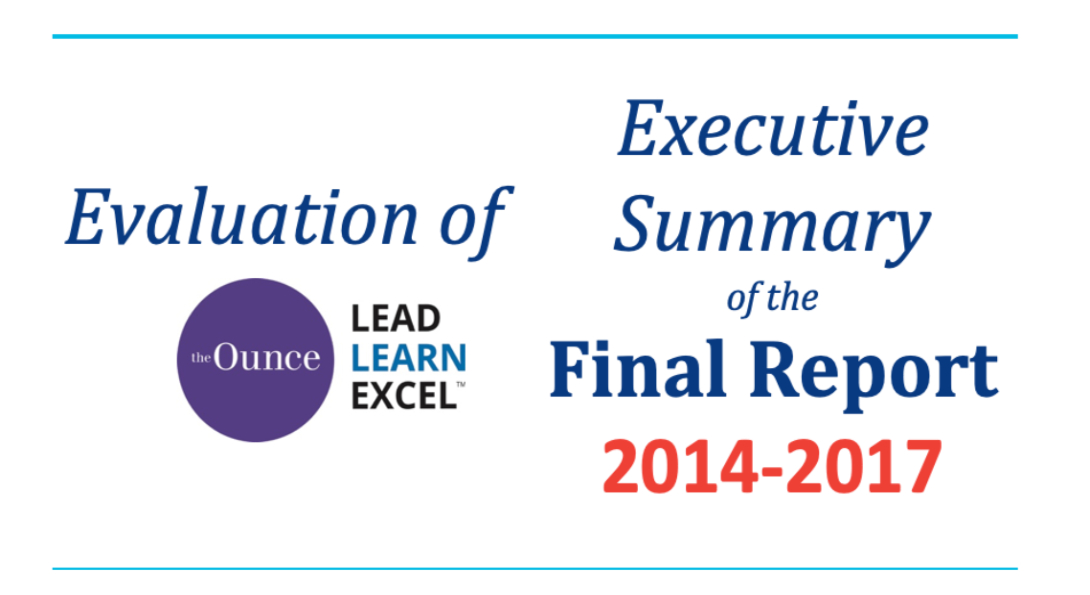Research Collaborations

Research
Background
High-quality preschool instruction is essential to producing developmental gains for young children and can mitigate risk factors such as family poverty and low parental education (Pianta et al., 2009). Even in programs with highly qualified teachers, teacher-child interactions often do not provide the level of instructional support that children need to be well prepared for success in kindergarten (Burchinal et al., 2010). With the support of Race to the Top Early Learning Challenge grant program, the Illinois Governor’s Office of Early Childhood Development (OECD) aimed to strategically increase the quality of instruction in early learning programs from ‘adequate’ to ‘good’ and from ‘good’ to ‘great’ (U.S. Department of Education, 2013a). OECD established the Preschool Instructional Excellence competitive grant in order to seek out a promising approach to meeting the state’s strategic priorities. Following a thorough review process, the Ounce of Prevention Fund (the Ounce), in partnership with the McCormick Center for Early Childhood Leadership, was awarded the grant.
A central commitment of the Ounce has been to explore and codify models of job-embedded professional development that can be adapted to other ECE settings, and by extension, improve the life chances of children living in high-needs communities across the U.S. (Educare Learning Network, 2014; Whalen, Horsley, Parkinson, Vasquez, & Tozer, 2016; Yazejian, Bryant & Kennel; 2013). Through the Preschool Instructional Excellence grant, the Ounce continued to focus on the development of instructional leaders and job-embedded professional development for preschool teachers as a cost-effective lever for improving program quality at scale. This report summarizes the findings from the external evaluation of Lead Learn Excel (LLE) through the first 15 months of implementation from October 28, 2014 through January 31, 2017.
The Lead Learn Excel Model
The Ounce proposed to implement an evidence-based sequence of supports aligned to the Illinois ExceleRate program rating and improvement system that was designed to address the critical gap in preschool instructional practices for the highest risk children in Illinois. LLE aimed to help leaders transform their organizational structures and their roles as instructional leaders; change and re-align behaviors and routines of existing staff to enhance instructional excellence; and use collaborative processes and data to facilitate continuous quality improvement (CQI). Specifically, LLE was designed to advance leader knowledge, skills, and dispositions by providing instructional leaders four complementary core components within a 4-6-week learning cycle: (1) training, (2) technical assistance (TA), (3) peer learning & support, and (4) resources & tools.
Evaluation of Lead Learn Excel
Funded by the Race to the Top Early Learning Challenge grant program, the Ounce proposed to implement an evidence-based sequence of supports aligned to the Illinois ExceleRate program rating and improvement system that was designed to address the critical gap in preschool instructional practices for the highest risk children in Illinois. Lead Learn Excel (LLE) was designed to advance leader knowledge, skills, and dispositions by providing instructional leaders four complementary core components within a 4-6-week learning cycle: (1) training, (2) technical assistance (TA), (3) peer learning & support, and (4) resources & tools.
The Center for Literacy was charged with conducting the external evaluation of LLE. The evaluation had three broad goals. First, the evaluation documented and examined the fidelity of LLE implementation. Second, the evaluation assessed the extent to which LLE achieved the intended outcome of advancing participating leaders’ mindsets, methods, and practices of instructional leadership. Specifically, the outcome study examined change in the leaders’ ability to transform their leadership behaviors focused on supporting instructional excellence. Third, the evaluation study was designed to examine whether LLE improved the capacity of leaders to support the instructional proficiency of preschool teachers.
This report summarizes the findings from the external evaluation of Lead Learn Excel (LLE) through the first 15 months of implementation from October 28, 2014 through January 31, 2017.
[add the executive summary and final report for download]
Evaluation of Chicago’s Department of Family Support Services Early Head Start-Child Care Partnership
In an effort to expand early learning opportunities for infants and toddlers specifically, the Obama Administration created the Early Head Start Child Care Partnerships program in 2014. $500 million was invested to support the expansion of early care and education through these partnerships (The White House, Office of the Press Secretary, 2015). The United States Department of Human Services awarded the Chicago Department of Family and Support Services (Chicago DFSS) with $14,900,000 to support the administration of an Early Head Start-Child Care Partnership (EHS-CCP) grant from June 2015 through June 2019.
Chicago DFSS partnered with the Center for Literacy at the University of Illinois at Chicago to conduct a research study of their EHS-CCP expansion project. The study focuses on the implementation of the grant and the grantee’s ongoing work supporting delegates and partners in meeting Head Start Performance Standards. The study aims to offer Chicago DFSS an evidence-based account of the program implementation and the program’s ongoing strengths and challenges, as well as insight into practical means of strengthening supports for delegates and partners as well as services for children and families.
Participants
LLE was designed to build the capacity of preschool instructional leaders. Over the course of the evaluation, we characterized a number of variables related to instructional leaders and their systems.
This evaluation study is still in progress. Read more about the study at
https://hhorsl1.wixsite.com/dfss-ehsccp-study